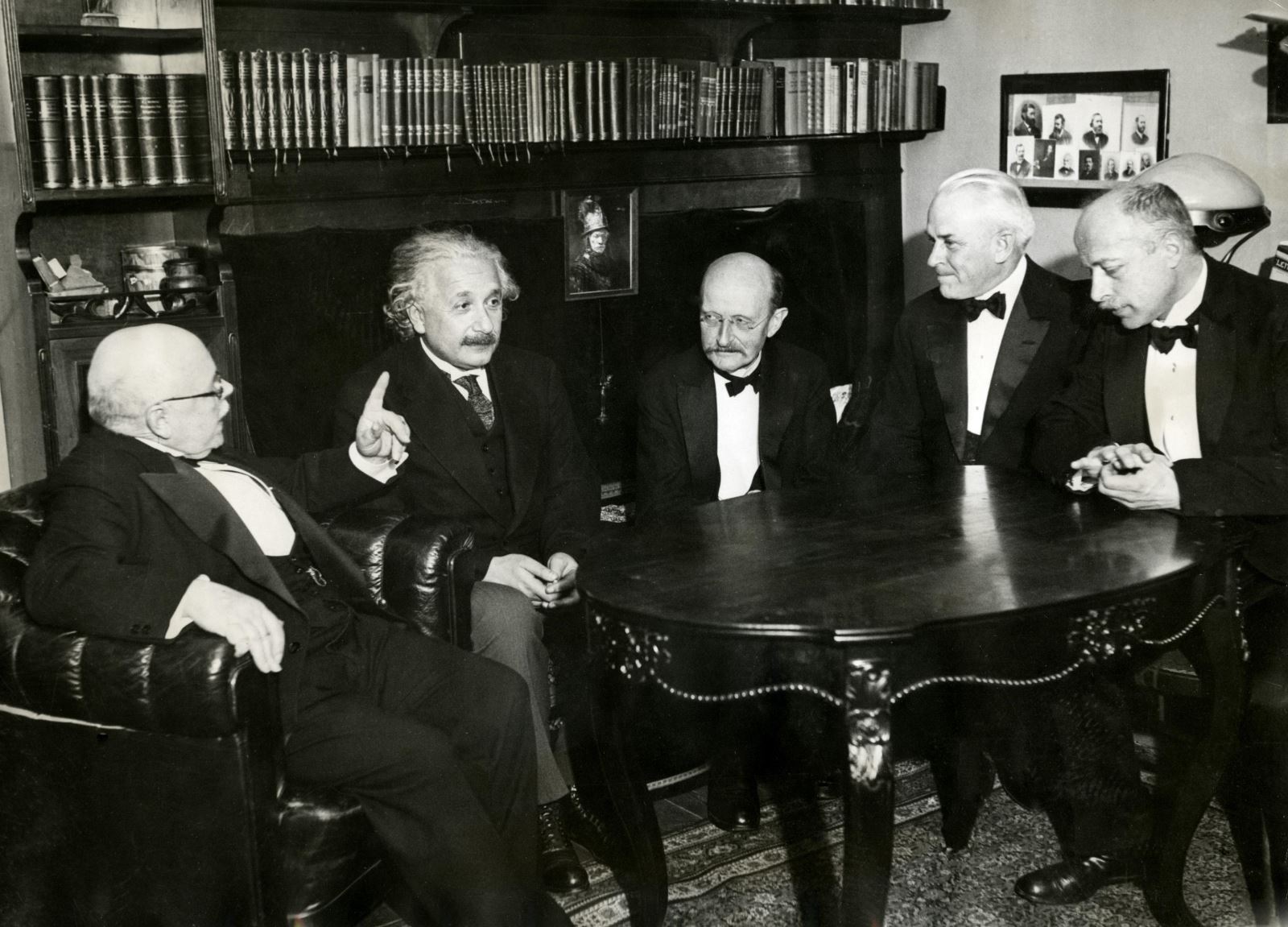A brilliant ninth-grade student once visited my office, to ask some questions that intrigued him while reading Carl Sagan’s Romance of Science. He asked me about the 20th century’s most momentous scientific theories, to which I answered: “If you are asking me what would be one of the 20th century’s greatest achievements, even more significant than Einstein’s theory of relativity, the answer would be the quantum theory”. I explained that “If you are searching for the basis of all modern physical sciences related to atomic particles, then you are searching for the quantum theory. If you are looking for a model scientist, whose impact has surpassed that of eminent physics’ geniuses, then you are looking for the founder of the quantum theory, Max Planck”.
The intelligent student pulled out a piece of paper and said “I have summarized some information about Max Planck that I would like you to correct please; may I?” I welcomed his request with a smile; he started to read “Max Planck was born on 23 April 1858, in Kiel, Germany. He is the son of German parents; his father was a university law professor. Generally, Planck came from a prominent family, whose members were judges, senior officials, scholars, and clerics.
Planck studied at the Universities of Munich and Berlin, where one of his teachers was the great physicist Gustav Kirchhoff. At this point, I interrupted him to ask “Do you know who Gustav Kirchhoff is?” He thought a little and said “I have read his name; I think he is Russian. In fact, I would be grateful if you brief me about him”. I, thus, elaborated “Kirchhoff is a German physicist, not Russian, born in 1824 and died in 1887. He has physical laws named after him in Thermodynamics and electrical engineering. Please continue”.
My visitor resumed “Max Planck received his doctorate for an experiment he conducted while studying the diffusion of hydrogen through radium”. I interrupted him again, to comment and correct what he said “His experiment was not conducted on radium, as it had not been discovered yet. It was conducted on palladium; an element of the platinum group, with the lowest melting point, and resembling platinum chemically. Palladium is extracted from copper and nickel, and was named after Pallas, the goddess of wisdom in ancient Greek mythology”.
I then asked him something not many people know about Max Planck “Do you know that this experiment was the only one conducted by Max Planck throughout his life; none before or after, as he was a mathematical, rather than an experimental, scientist”. I tried to test the outstanding student’s conjecture and asked a question implying its answer “Do you know, or can you guess, how old Max Planck was when he received that high degree in physics with honors from the University of Munich?”

The student responded “Your question indicates that he was young at the time, maybe in his twenties or thirties, for example?” I praised his guesswork, saying “Actually, you are right! He was only twenty years old”; I then added “Because of his genius, Max Planck was recognized and applauded for his excellence by the scientific community. He then got promoted rapidly and was awarded the professorship degree in physics from the University of Berlin not past the age of thirty‐one years”.
The student was unsatisfied by all this information about Max Planck; he started to ask about the quantum theory itself. I replied “The quantum theory is one of the most momentous scientific theories in human thought. Max Planck founded the theory in 1901, but could not even ratify the concepts included in his theory till Albert Einstein highlighted and put them into practice in 1905. Einstein developed the theory and was awarded the Nobel Prize in Physics 1921 for one of the theory’s applications; not for his theory of relativity as many thought”.
The student looked surprised, but I continued “In fact, the quantum theory can be described as an alarming theory. It includes a range of exotic ideas applied to everything in the universe, from atoms to galaxies. The quantum theory dives into the depth of atoms, using high and very smooth mathematics, dealing with its components; basic, secondary, or even hypothetical particles that are difficult to be directly quantified, but their impact could be measured. The quantum theory determines the path of these particles; how they unite, disconnect, and even how they originated since the Big Bang”.
I concluded “Max Planck’s quantum theory is based on three main principles known as the Principles of Quantum Theory; namely: Quanta, Uncertainty, and the mutual transformation between matter and energy”. I then asked my student to research deeply the concept of these principles, and to come back to visit me if he could not understand any of them.